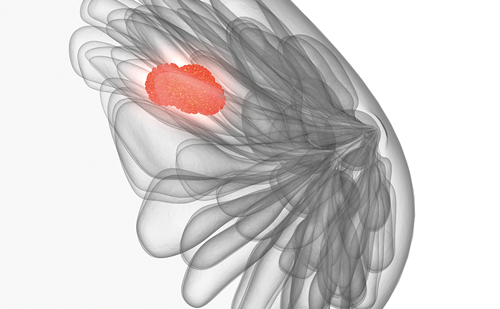Welcome to the spring edition of Oncology and Hematology Review (US). During the difficult days of this COVID-19 pandemic, which has impacted cancer care worldwide, we hope our journal provides reason for optimism. We begin with one of our popular expert interviews, in which Paul G Richardson discusses the recently published O-12-M1 phase I/II study investigating the efficacy and safety of melflufen in triple-class refractory patients. Following this, Brian Van Tine provides an overview of a recent study investigating the efficacy and safety of pazopanib as front-line therapy in patients with non-resectable or metastatic soft tissue sarcomas who are not candidates for chemotherapy.
The remainder of the journal is devoted to review articles covering a variety of therapeutic areas. Brown et al. provide a comprehensive overview of the use of endocrine therapy and its impact on the management of breast cancer. Also on the subject of breast cancer, McAndrew and McCann discuss the latest additions to the treatment armamentarium: cyclin-dependent kinase (CDK) 4/6 inhibitors, with a focus on their use in the first-line treatment setting.
Three reviews focus on colorectal cancer, which is one of the leading causes of cancer death in men and women. Among this disease class, BRAF V600E-mutated metastatic colorectal cancer is particularly challenging due to an aggressive tumor biology and resistance. Armstrong et al. discuss current and emerging therapeutic options for patients with this subtype. In addition, Ciombor and Bekaii-Saab present an overview of emerging and validated therapeutic targets in metastatic colorectal cancer, and the need for comprehensive and early molecular profiling. Finally, Khullar et al. outline the evolving role of radiotherapy in locally advanced rectal cancer and discuss emerging evidence for nonoperative management.
Personalized medicine is a hot topic in cancer management. Kommalapati et al. describe the application of this approach to patients with advanced cholangiocarcinoma, which has a dire prognosis, and highlight potential targetable molecular pathways. Finally, our attention turns to another cancer with a poor prognosis: pancreatic ductal adenocarcinoma. Sharman and Shroff provide an overview of the molecular characterization of pancreatic cancer, current outcomes, treatment, and recent advances.
Oncology and Hematology Review would like to thank all authors who contributed their expertise towards this edition. We are grateful to our Editorial Board for their ongoing support and guidance. Thanks also to all organizations and society partners for their continued support. We hope that you find these articles useful and thought-provoking. Finally, we hope you all stay safe and well.











